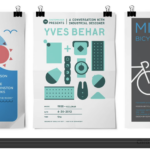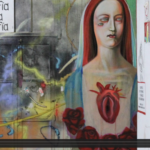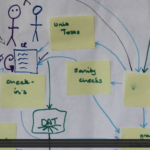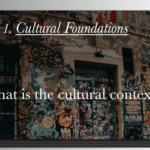
TIFFANY TIVASURADEJ
Ogilvy
[s2If current_user_can(access_s2member_level1)]
[/s2If]
[s2If !is_user_logged_in()]
Join EPIC to access video:
→ Learn about Membership
→ Browse Video Library
[/s2If]
[s2If current_user_is(subscriber)]
Join EPIC to access video:
→ Learn about Membership
→ Browse Video Library
[/s2If]
PechaKucha Presentation—The conference theme for EPIC2020 is all about scale. For many, scale will probably evoke images of sizing up, moving forward, getting better. But does scale carry the same meaning in all contexts? Could scaling back be the key to enacting scales successfully? And is it possible to enact scales when ethnography and the broader topic of anthropology are unheard among those around you? Reflecting on my own experience working in Thailand and China and my encounters with other design and business anthropologists working in Asia, I share an honest career narrative about enacting scales. My PechaKucha speaks truthfully about the struggles in applying ethnography, and inspires with...














